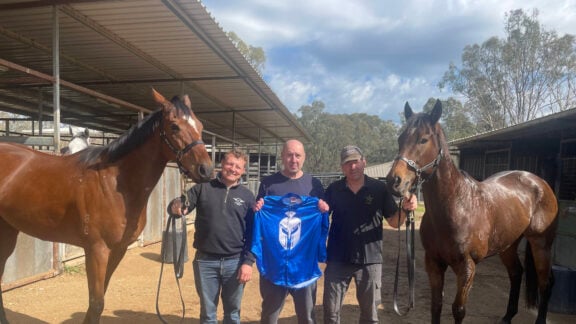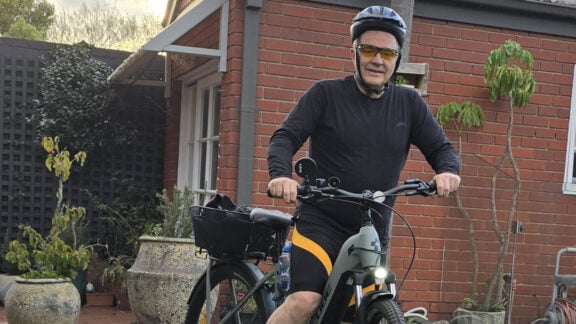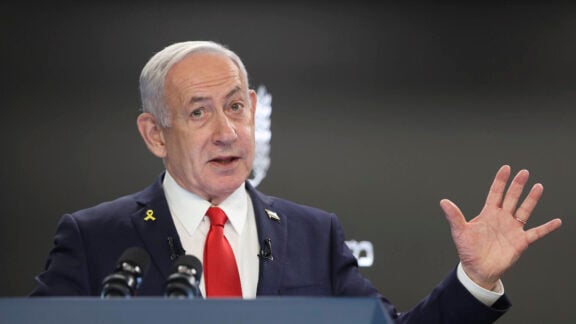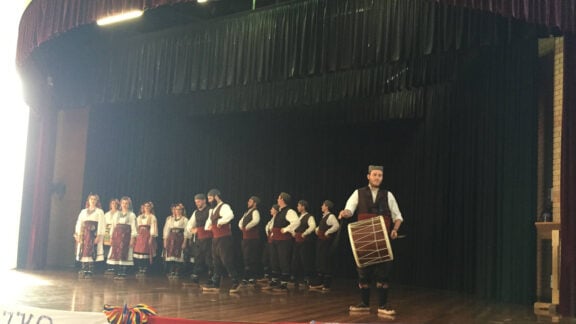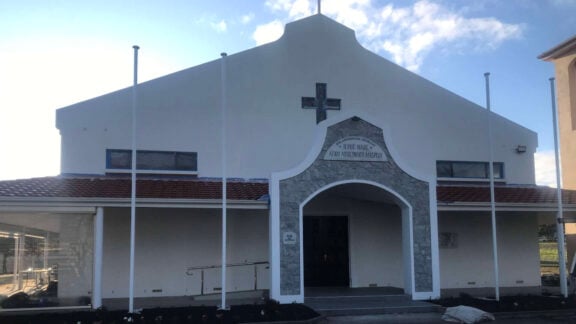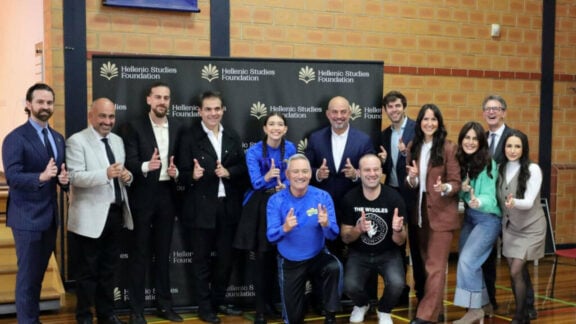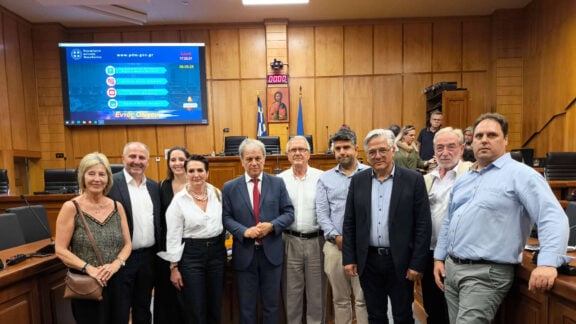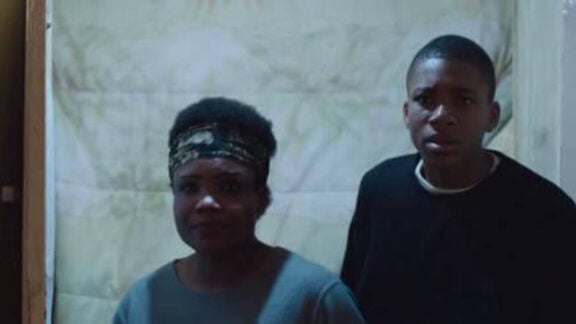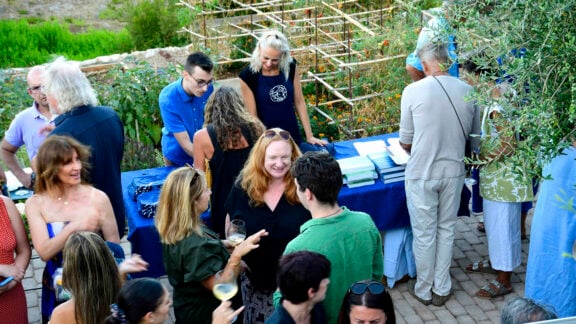I am one of only a handful of Australians left in Chengdu, a city of 16 million people deep in the Chinese heartland. Isolated in my apartment, I have waited and watched as the number of people infected with the virus rises, and more and more flights out of the city are cancelled.
There’s a heavy anxiety in the air. Everyone is wearing a mask. The People’s South Road, once a busy thoroughfare, is now silent.
It’s an eerie landscape. I find it unsettling that inside the concrete towers are millions of people, just hidden away. Every family in my complex has been issued an exit card. Only one family member can go outside each day. Yesterday at the security gate, I saw a young mother in tears. She had forgotten her card upstairs and the guard refused to let her in.
Two people fell sick in a friend’s complex. One died. The building is now quarantined. No one can come or go.
A dryness in your throat will make you paranoid, but you can’t buy cough medicine without your ID. And it’s better not to give your details. It’s better not to catch a cold. It’s better to stay at home.
Hundreds of millions of people and I have been doing so for the past month. No work. No outside exercise. No catching up with friends. It takes a huge toll on your mental health.
The impact on business is just as grim. Most shops are still closed. New regulations require a stock of masks before a business can reopen, but there aren’t enough masks to go around.
Much of the workforce is still under quarantine anyway.
My own work with the Australian Chamber of Commerce is now completely virtual as we try to minimise human contact. Our research at Austcham shows Australian businesses based in China are severely affected. Almost 90 per cent report a negative impact on their operations. More than a third are restricted from their premises. Understandably, nearly 20 per cent are looking to relocate to Southeast Asia or the UAE.
China is in a time of crisis. But throughout the fear and uncertainty, I have also witnessed a strange calmness. I have seen no arguments and no fighting, even as stock runs low on the shelves and there are more constraints on movement. People follow advice. They stay indoors and tough it out to protect themselves, their family and their community.
The country is pulling together. Thousands of volunteers have gone to Hubei to render assistance. Millions have been donated, even in this tough economic climate.
The government’s response is strong and constrictive. Yet even as more and more restrictions are put in place, the resilience of the Chinese people shines on.
You see it in the doctors and nurses working 12-hour shifts in full protective gear. Or the residents who shout moral support to each other across the balconies.
I saw this stoicism in a more subtle way today at the park. An elderly woman came out of her home to sit by the lake. She had prepared herself with full makeup and was wearing a traditional dress. Alone on the pagoda, she began to sing a beautiful Chinese opera. I was mesmerised and reflected on the power of the human spirit in times of struggle.
This is a country pushed to breaking point. Yet somehow the Chinese people find the strength to just keep going. This same tenacity lifted China from an agrarian society to an industrial powerhouse in one generation.
The resilience within the Chinese spirit will be the seeds of a revival after this crisis. Businesses want to reopen, people want to get back to work.
Central to this rejuvenation will be the role of business, including Australian businesses, in China. Once the virus is contained, there will be a need for new investment.
I am now in the process of evacuating China on one of the few flights still leaving the city. I will be heading to Malaysia but as soon at it’s safe, I will be back to support Australia’s engagement with China. There will be phenomenal opportunities for those who act fast and maintain their confidence in China. The friendship and trust Australians have built with these resilient people will form the foundation of many of these opportunities.
So let’s not give up on China. And let’s not give up on the Chinese people.
*Kyri Theos is general manager of the Australian Chamber of Commerce in West China. He is also the son of former Victorian Minister Theo Theophanous.

